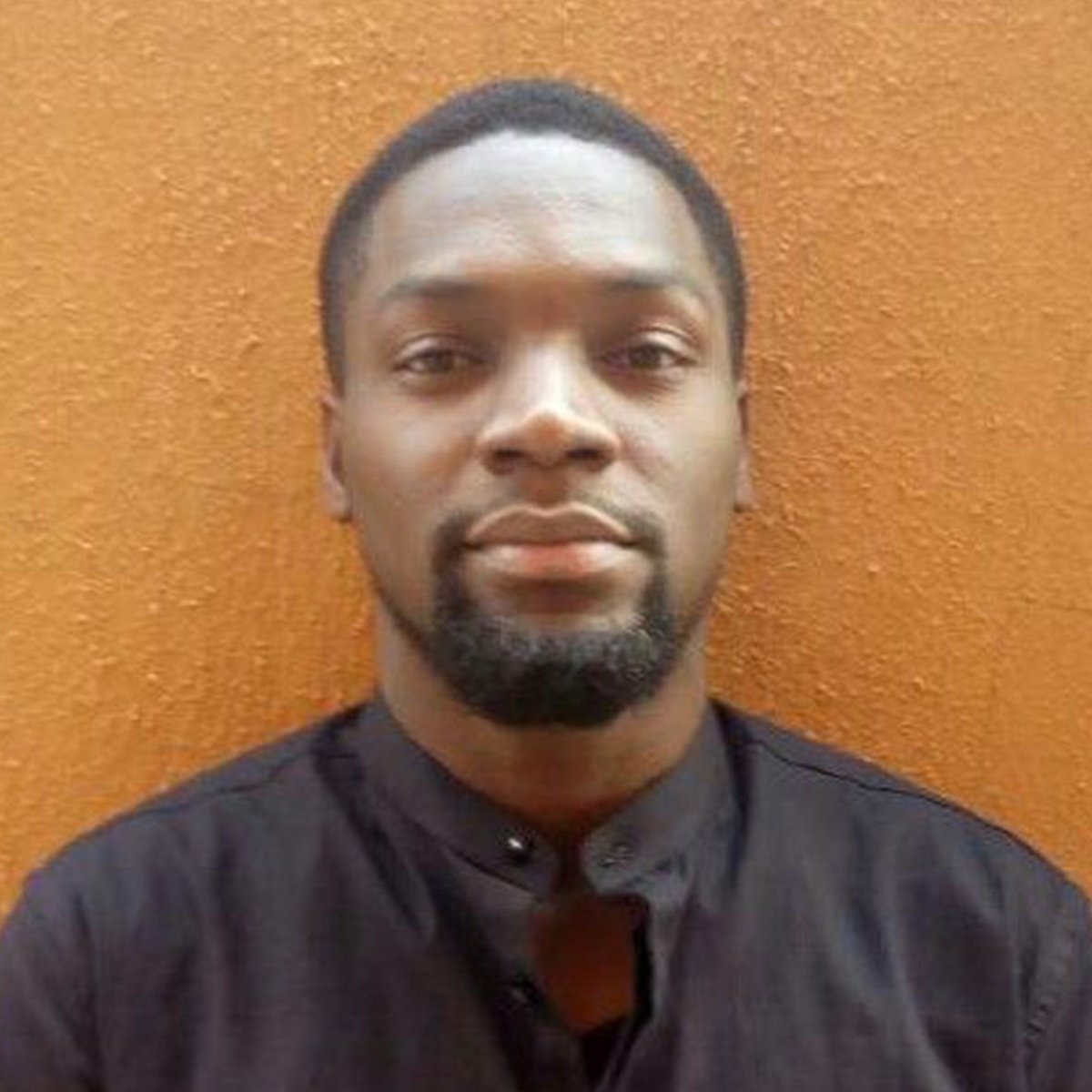Austria’s NOYB Files Privacy Complaint Against OpenAI’s ChatGPT

OpenAI’s adherence to data privacy laws is being questioned in Europe, as Austrian advocate NOYB (None Of Your Business) on April 29 accused the AI firm of violating data privacy rules due to inaccurate responses that can’t be corrected.
NOYB’s complaint came on the heels of someone who queried ChatGPT about his date of birth but received incorrect responses instead of being informed by the chatbot that it lacked the necessary data, violating EU data privacy laws. The subject’s name was redacted in the complaint, but NOYB revealed that the individual is a public figure and their date of birth is readily available online.
OpenAI Privacy Complaint Reveals High Rise of False Information
The Austrian privacy advocate group also stated that OpenAI’s chatbot denied the complainant’s requests to correct or delete the false response. ChatGPT told the subject that data correction was impossible on the app without clarifying how the data was processed or its sources, further violating the complainant’s privacy rights, which looks less than ideal in light of the EU privacy law.
🚨 noyb has filed a complaint against the ChatGPT creator OpenAI
OpenAI openly admits that it is unable to correct false information about people on ChatGPT. The company cannot even say where the data comes from.
Read all about it here 👇https://t.co/gvn9CnGKOb
— noyb (@NOYBeu) April 29, 2024
Europe’s General Data Protection Regulation (GDPR) mandates that information about individuals must be accurate, and individuals should have full access to any personal data held by a company.
The complaint alleges that OpenAI is unaware of the data ChatGPT stores or its source and that despite being aware of the problem, the tech firm seems unbothered.
OpenAI has always maintained a disclaimer on its app that states that “factual accuracy in large language models remains an area of active research.”
In response to the OpenAI privacy complaint, NOYB data protection lawyer Maartje de Graaf explained that chatbots like ChatGPT do not comply with EU law.
“Making up false information is quite problematic in itself. But when it comes to false information about individuals, there can be serious consequences,” de Graaf said. “It’s clear that companies are currently unable to make chatbots like ChatGPT comply with EU law, when processing data about individuals. If a system cannot produce accurate and transparent results, it cannot be used to generate data about individuals. The technology has to follow the legal requirements, not the other way around.”
According to NOYB’s complaint, OpenAI has failed to respond to “data access requests” as required by the GDPR, which mandates companies provide details of all personal data stored at the request of authorized bodies.
Investigations on OpenAI Privacy Intensifies
Since its introduction in 2022, ChatGPT has sparked a global debate on the applications and risks of AI, as the platform has grown to over 180 million users worldwide.
The rapid growth of ChatGPT and other machine learning apps has raised concerns about the lack of regulations to prevent false information, privacy infringement, and copyright violations, or the creation of deepfake audio and video content. This led to the EU passing an AI Act in March 2024 to enable a regulatory approach to some of the pressing issues around AI.
NOYB’s privacy complaint against OpenAI is part of a series of legal challenges facing the company.
The New York Times sues Microsoft and ChatGPT maker OpenAI claiming “mass copyright infringement.” They should countersue NYT for reducing their AI down to the mind of a brainwashed, liberal dumbass. pic.twitter.com/jOwigJDYYm
— Suburban Black Man 🇺🇸 (@niceblackdude) December 28, 2023
OpenAI is already under investigation by Italy’s national privacy authority, which started a probe in March 2023. The investigation is over concerns related to data breaches and the exposure of user conversations and payment details.
Chat GPT BLOCKED In Italy – Is the Rest of EU Next?
Italy has become the first Western country to ban ChatGPT.
Earlier this month, the Italian data-protection authority has said it will investigate OpenAI and block the chatbot immediately due to 'privacy concerns'.
The Italian… pic.twitter.com/Rd7RQNvYn1
— Mario Nawfal (@MarioNawfal) April 24, 2023
The European Data Protection Board (EDPB), comprising the EU member states’ data protection authorities, established a task force in April 2023 to address issues surrounding ChatGPT, coordinate enforcement actions, and ensure compliance with data protection regulations.
In addition, Elon Musk filed a lawsuit against OpenAI and its CEO, Sam Alman, claiming that the company’s partnership with Microsoft deviates from the foundational principles of advancing open-source AI for the benefit of humanity. During this lawsuit, Musk revealed plans to make Grok open source.









